RCE Gippsland

 Overview
Overview
RCE Gippsland is working to advance Gippsland as a region of interconnected and diverse sustainable communities who are empowered and resilient in the face of environmental challenges. Gippsland is home to some of Victoria’s most diverse natural resources and biodiversity, ranging from iconic areas such as the Gippsland Lakes, Wilsons Promontory, Far East Gippsland forests and beaches, and parts of the Victorian Alps, to the numerous river systems, expansive native forests and various coastal ecosystems. As well as the environmental significance of these ecosystems, these natural resources are also important to the region’s economy, along with the region’s fossil fuel deposits, water resources, and agricultural land. The Gippsland region is the traditional home of the aboriginal peoples of the Gunnai/Kurnai language group and continues to be home for Gunnai/Kurnai people today. Gunnai/Kurnai knowledge of language and country is important for eco-social sustainability.
 Activities
Activities
- Lead advocacy for education for sustainable development;
- Promote practices that educate for sustainability within formal and informal contexts;
- Enhance the long term goals of environmental stewardship and social justice inconjunction with economic realities;
- Advance cultural sensitivity that respects the knowledge of Gippsland past and presentgenerations so that this knowledge can be passed to future generations in a respectful andvaluable way; and
- Encourage local storytelling that reflects intergenerational knowledge in and across allGippsland communities
Flagship projects include:
Gippsland Museum of Sustainability
The Gippsland Museum of Sustainability will be the first of its type in Australia. It is a project designed to link all stakeholders and sectors involved in education for sustainable development across the region, to share and celebrate cultural stories and histories of the past and present, and to develop new stories for the future. The Gippsland Museum of Sustainability will be a multi-campus operation that links a number of key sites across the region. The gippslandmuseumofsustainability.com.au virtual museum will provide an interactive map to the ESD sites across Gippsland and to their ESD activities. Part of the RCE Gippsland project will be to undertake the research and development activities that underpin the virtual museum site such as the research that maps sustainability initiatives across the Gippsland region,developing criteria for inclusion on the museum website, and researching and documenting community stories.
Deep Listening Project
The Deep Listening Project will collect, compile and document community stories and make available on the gippslandmuseumofsustainability.com.au website. These will include individual oral history stories from key knowledge holders such as Gunnai/Kurnai Elders and cultura lknowledge holders, long term farmers・stories of the land, oral histories of migrant families, stories from long term workers from the power industry, and individual stories of high profile longstanding sustainability educators from formal and community settings.
The Open Space Forum technology will continue to be developed throughout the region as an innovative strategy to promote ESD through continuing dialogue, engagement and community capacity building. One Open Space Forums will be conducted in each of the four regions annually.The most recent Open Space Forum held in the Coal Creek Heritage Village in South Gippsland involved over 50 community members joining with the Steering Committee to participate in discussion groups generated from within the community. This involved a coming together of new community members and groups seeking to learn about new ways of ESD, to others seeking to share their ideas and strategies.
 Projects
Projects
 Communication Channels
Communication Channels
 Contact Details
Contact Details
Monica.Green@Monash.edu



